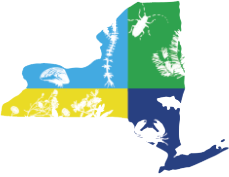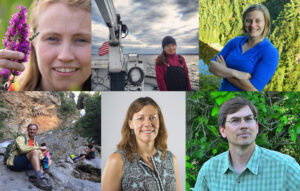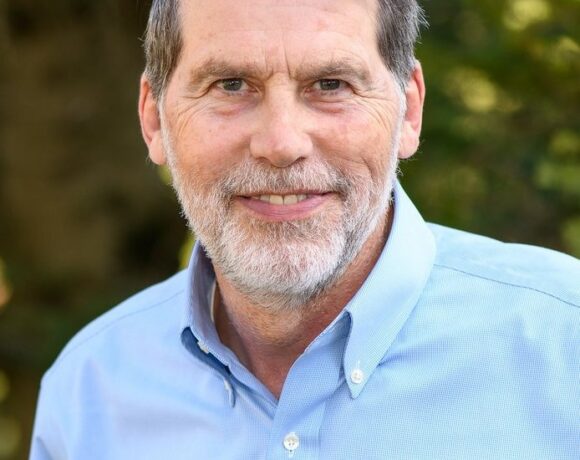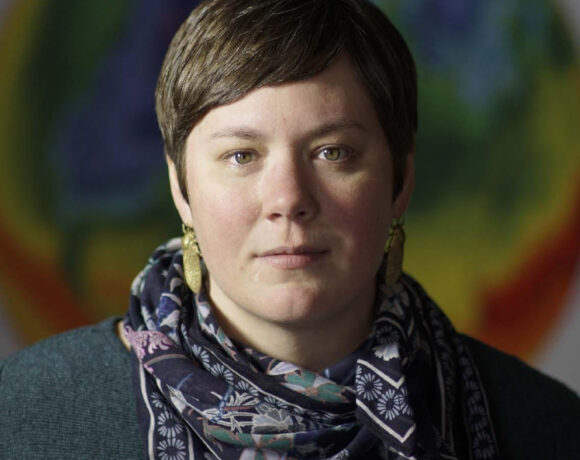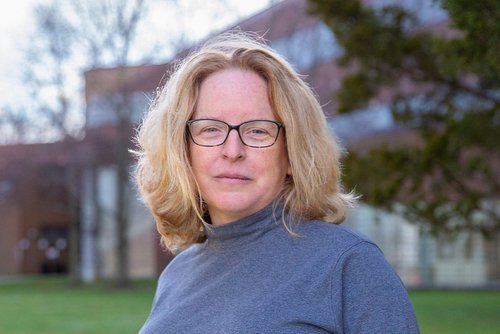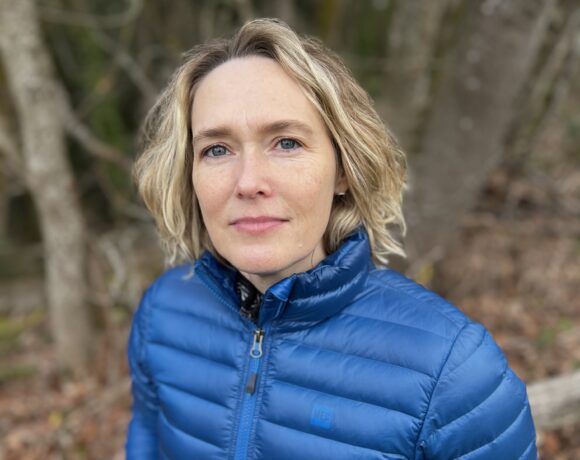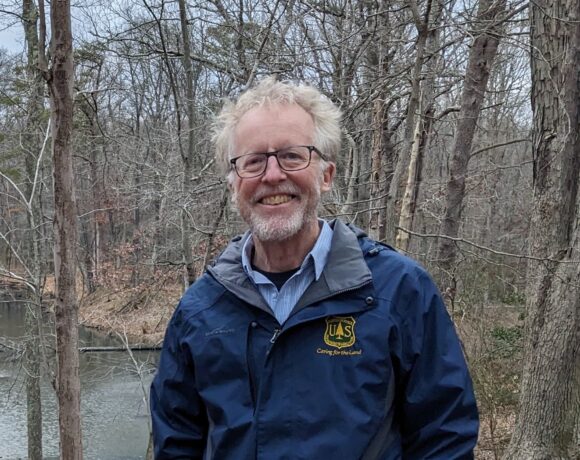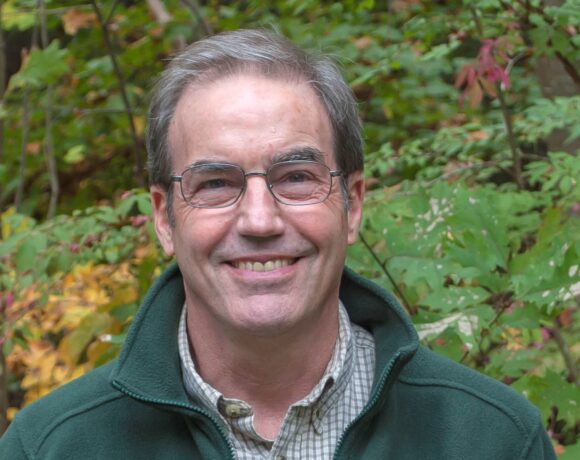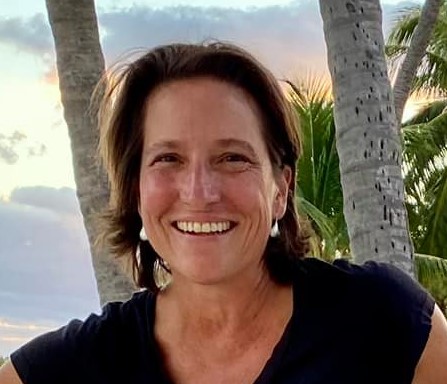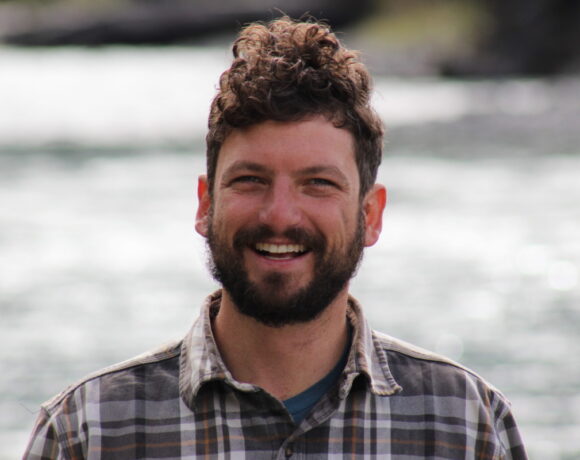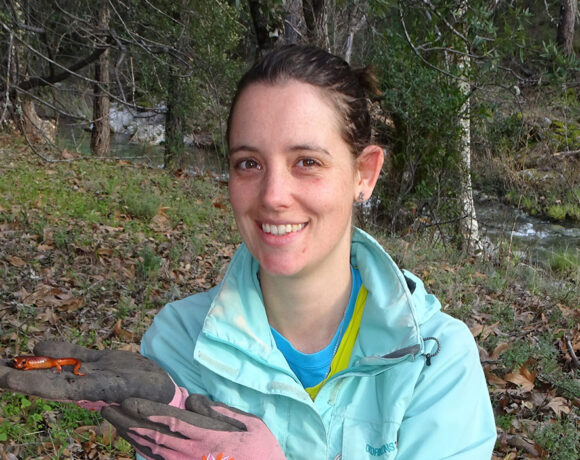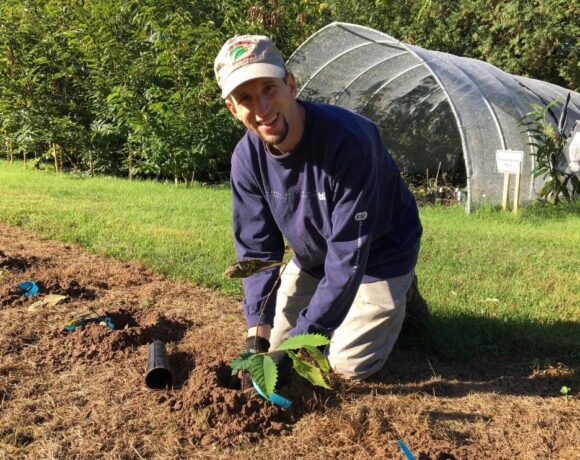Throughout 2021, we asked researchers from various fields of study: What’s the most important thing about your research for managers and policy-makers to know? Here’s a recap of what they said:
If I could put it in a single word, that word is ‘proactive.’ Here are the species to look out for and if we can get ahead of those, we have a potential win, which is rare in invasive species management
~Bethany Bradley, University of Massachusetts-Amherst
Small changes such as planting bare root, cleaning equipment, and heat-treating mulch and potting soil can make a big difference in limiting their [jumping worm] spread.
~Annise Dobson, Yale University
All tools (predictive models, control methods, revegetation methods) have limitations, and when we realize those limitations (and strengths) we can improve efforts.
~Mark Renz, University of Wisconsin-Madison
There’s no one-size-fits-all management style for invasive species, but many species can be controlled and brought into balance with our native systems.
~Jessica Rogers, SUNY Potsdam
Visiting only one lake a day and drying your gear is the best way to prevent spreading the eggs of the spiny waterflea.
~Meghan Brown, Hobart and William Smith Colleges
We need strong policies to mitigate climate change and prevent new invaders from being introduced, since it’s much harder to control them once they’ve spread.
~Bianca Lopez, American Association for the Advancement of Science
They don’t need me to tell them, but preventing invasions in the first place is the best control method. Containment and eradication are tough work.
~Jeff Corbin, Union College
I encourage conservation managers to contact researchers when they notice something that could benefit from a collaboration between the two groups.
~Joanna Freeland, Trent University
An understanding of ecology and evolution can help us predict how a species will behave in a novel ecosystem.
~Dylan Parry, SUNY College of Environmental Science and Forestry
Monitor and assess impacts and outcomes of invasive species removal.
~Andrea Davalos, SUNY Cortland
Read our full researcher spotlights:

